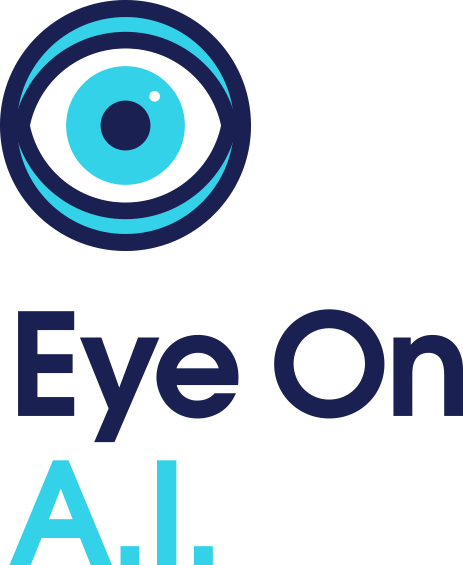Gupshup founder sees potential for expansion in rapidly changing AI industry
Gupshup founder sees potential for expansion in rapidly changing AI industry
TIM LEEMASTER
Gupshup founder and CEO Beerud Sheth
Gupshup, the San Francisco-based enterprise messaging services firm using natural language processing, sees the potential for expansion in a rapidly changing but challenging industry, founder and CEO Beerud Sheth says.
Gupshup, which means chat in Hindi, analyses, sorts, presents and stores text message content for users.
That’s particularly useful in markets outside the US where the corporate landscape can be much more orientated towards text-based communication with customers, Sheth says.
The company announced a partnership with Chinese handset maker Xiaomi last month in India, the second largest mobile phone market after the US. Xiaomi held the largest share of the subcontinent market at 27% in the fourth quarter of last year.
The company may extend the partnership into other markets Xiaomi operates in, Sheth says. Xiaomi held 9.3% of the mainland China market at the end of last year and 7.6% of the European market at the end of January this year. Gupshup also works with OnePlus, another Chinese handset maker.
Sheth said the company would announce additional partnerships in the first half but declined to comment further. He sees further growth possibilities both in geography and language, including Southeast Asia and Europe.
The company, like many in the AI industry, outsources data tagging, a critical first step in any AI-based system. In part because of that, Sheth says the company found it important to focus on setting up an entire, end-to-end data processing system.
Early on the company looked at external tools but they didn’t scale to the extent they needed, so they relied on Excel files that became unwieldy far too quickly.
The company then developed its own system internally that shuffles all incoming data into a lake and breaks the classification process into smaller, discrete steps involving more than one tagger.
That’s followed by a verification stage where conflicts between tags can be addressed.
Sheth said at one point everyone saw the importance of putting themselves in the taggers shoes, and that helped fine tune the process. Then carefully watching what the algorithms produce provides a complete, start to finish feedback mechanism.
“Ultimately [all AI] is ‘domain’ specific,” Sheth says. “You have to constantly refine sourcing, tagging, modelling and testing.”
Other challenges have included the physical space limitations of the mobile handset. “You trade accuracy for size,” Sheth says. “You have to figure out the trade off.”
All the while the technology to manage the trade offs is constantly changing and improving. “You have to keep pace,” Sheth says.
Things are moving so quickly in fact the company can struggle with keeping its staff at the cutting edge of AI technology. New graduates from universities arrive only once a year, Sheth says, and things are moving so fast you can see three or four major technological changes in that space of time.
“The research is moving much more quickly, “Sheth says. “Natural language processing has exploded in the last 12 to 24 months.”
Staff is currently split evenly between engineering and sales with a dedicated staff of AI experts at about 15 employees.
The company is profitable and earns about USD 100m in revenue, according to Sheth. The company would bring in more investors if it opts to scale quickly or widely with a new round and does engage in frequent talks with growth investors, Sheth says. The company’s last funding round took place in 2011.
Gupshup was started in 2004 and briefly experimented with a consumer orientation but opted to focus at the enterprise level in the end. “The pricing [in consumer] just didn’t make sense,” according to Sheth.
Sheth was a founder of the company that became Upwork, the Nasdaq-listed website that matches freelance workers to employers. He left when it was making the jump to a global business.
“I’m an entrepreneur and like small things,” Sheth says. He is still the largest shareholder in the firm.
His interest in messaging stems from the realization of how static such a common tool had become.
“Messaging is the most heavily used app on smartphones but it’s still the least invested in,” Sheth says. “We’ve seen very little innovation in 20 years.”

